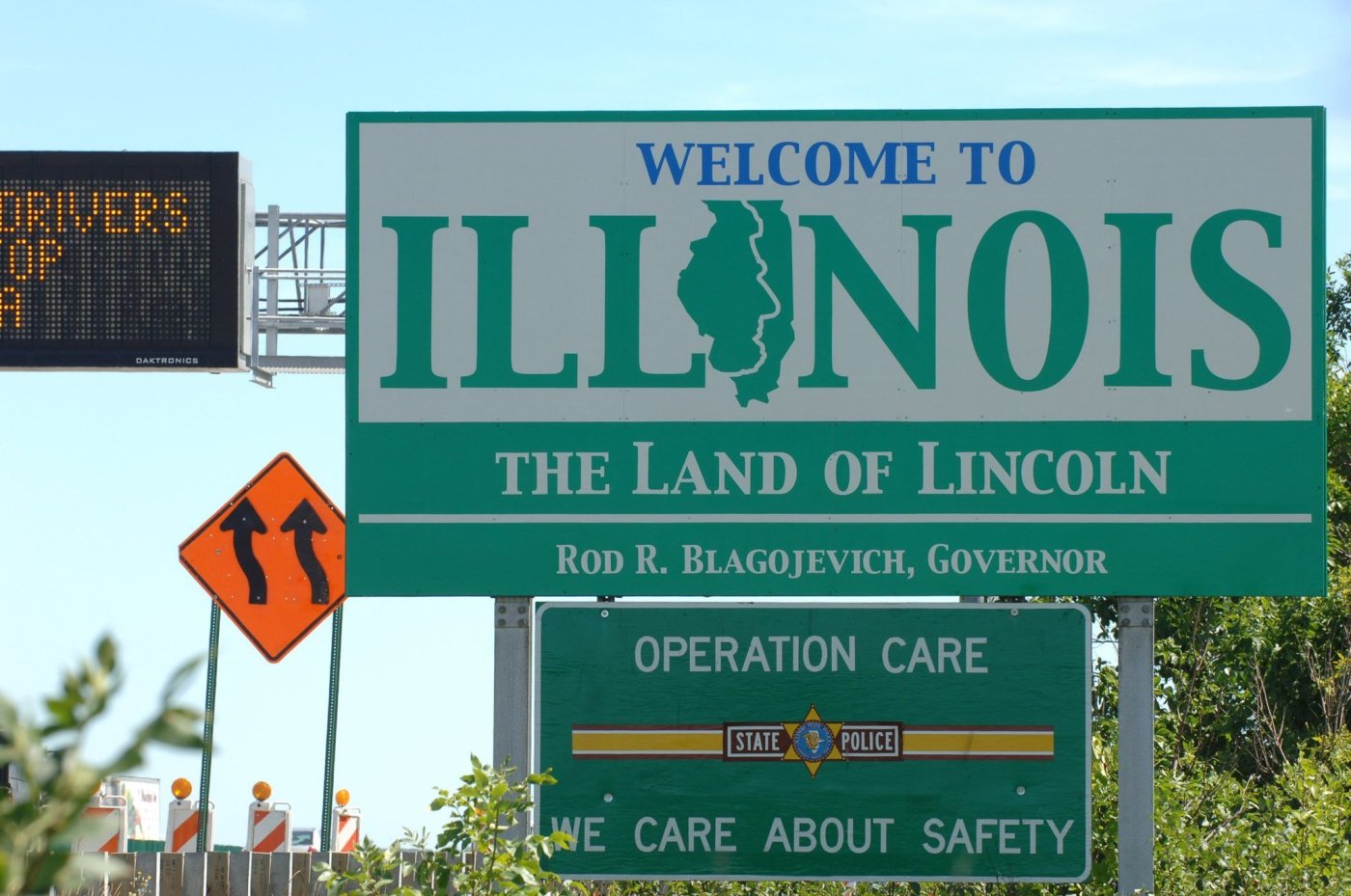
Alex Titcomb, a leader in the effort to gather signatures for a voter ID referendum and executive director and co-founder of The Dinner Table, an organization dedicated to conservative causes, speaks in support of implementing a voter ID requirement in Maine during a press conference at the State House Monday. At right is Rep. Laurel Libby, R-Auburn, co-founder of The Dinner Table and also a leader in the referendum effort. (Photo by Rachel Ohm/Staff Writer)
A proposed voting referendum in Maine has ignited debate over its implications for voter rights. Critics argue that the measure, scheduled for a vote in November 2024, represents a form of voter suppression rather than genuine election reform. The referendum seeks to change the rules surrounding voting access, drawing sharp criticism from various advocacy groups.
Supporters of the referendum claim it aims to streamline election processes and enhance security. They argue that such measures are necessary to maintain the integrity of elections. However, opponents assert that these changes disproportionately impact marginalized communities, making it more difficult for them to exercise their right to vote.
Concerns Over Accessibility
Organizations dedicated to civil rights have voiced strong opposition to the referendum. According to the American Civil Liberties Union (ACLU), the proposed changes could create significant barriers for voters, particularly in rural areas where access to polling places is already limited. The ACLU’s Maine chapter stated, “This isn’t election reform; it’s voter suppression.”
The potential impact of this referendum is far-reaching. If passed, it could alter how voters engage with the electoral process. Proponents argue the changes will prevent fraud, but critics highlight that instances of voter fraud are exceedingly rare. A 2017 study by the Brennan Center for Justice found that only about 0.0003% of votes are fraudulent.
Rallying Support and Opposition
Public opinion on the referendum is divided. Proponents are mobilizing support through campaigns that emphasize the need for secure elections. They argue that the changes will modernize the voting system and make it more efficient.
Conversely, opponents are actively organizing protests and educational campaigns to raise awareness about the potential consequences of the referendum. Many local organizations are working to ensure that voters are informed about their rights and the implications of the proposed changes.
As the referendum date approaches, voter turnout will be crucial. Advocacy groups are urging citizens to participate in the electoral process and make their voices heard. The outcome of this referendum in November 2024 could set a precedent for future voting rights legislation in Maine and beyond.
The ongoing discussions surrounding the Maine voting referendum underscore a critical moment in the national conversation about voter access and election integrity. With significant implications for voters, the referendum is likely to remain a focal point in the lead-up to the elections.







